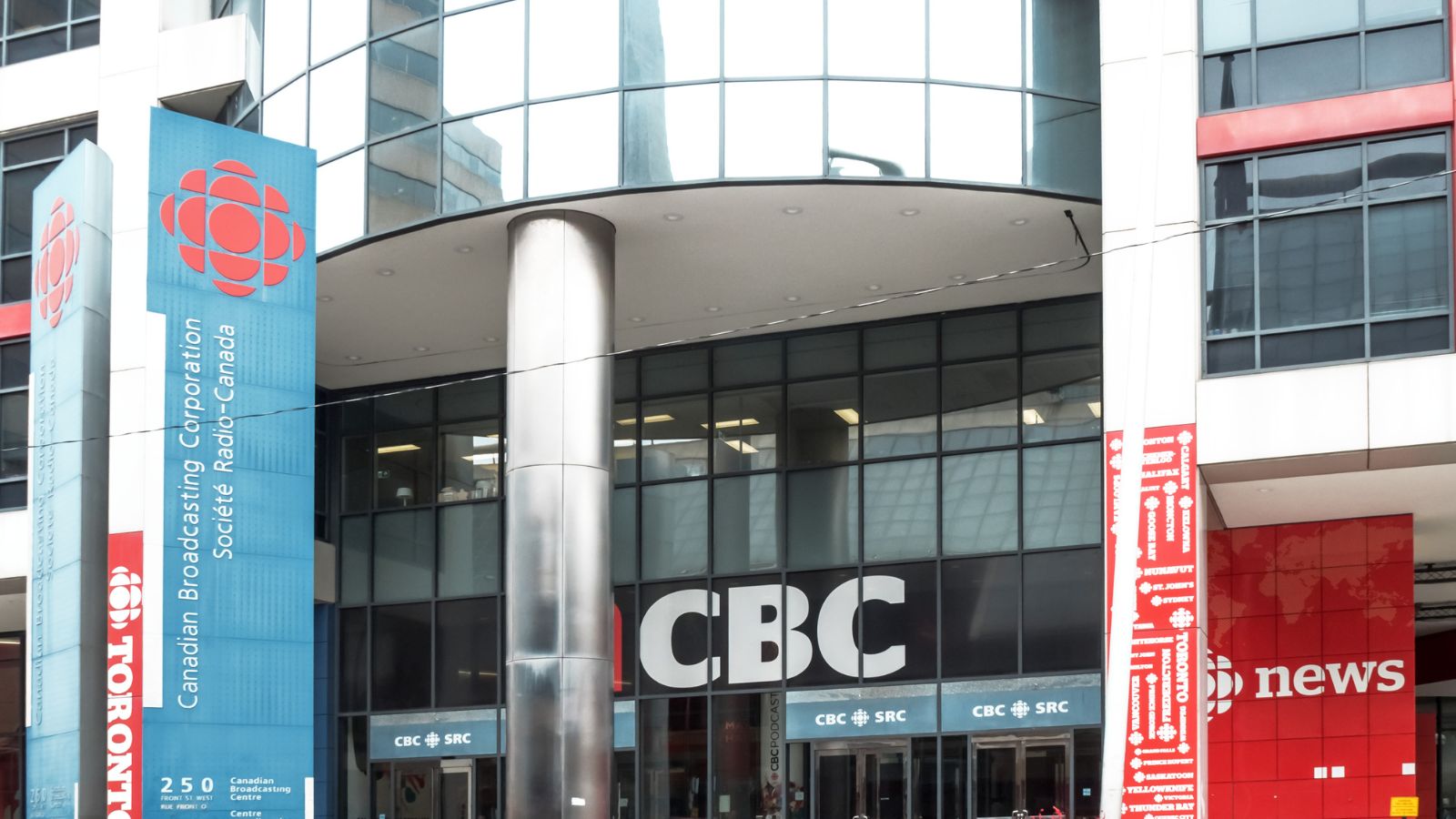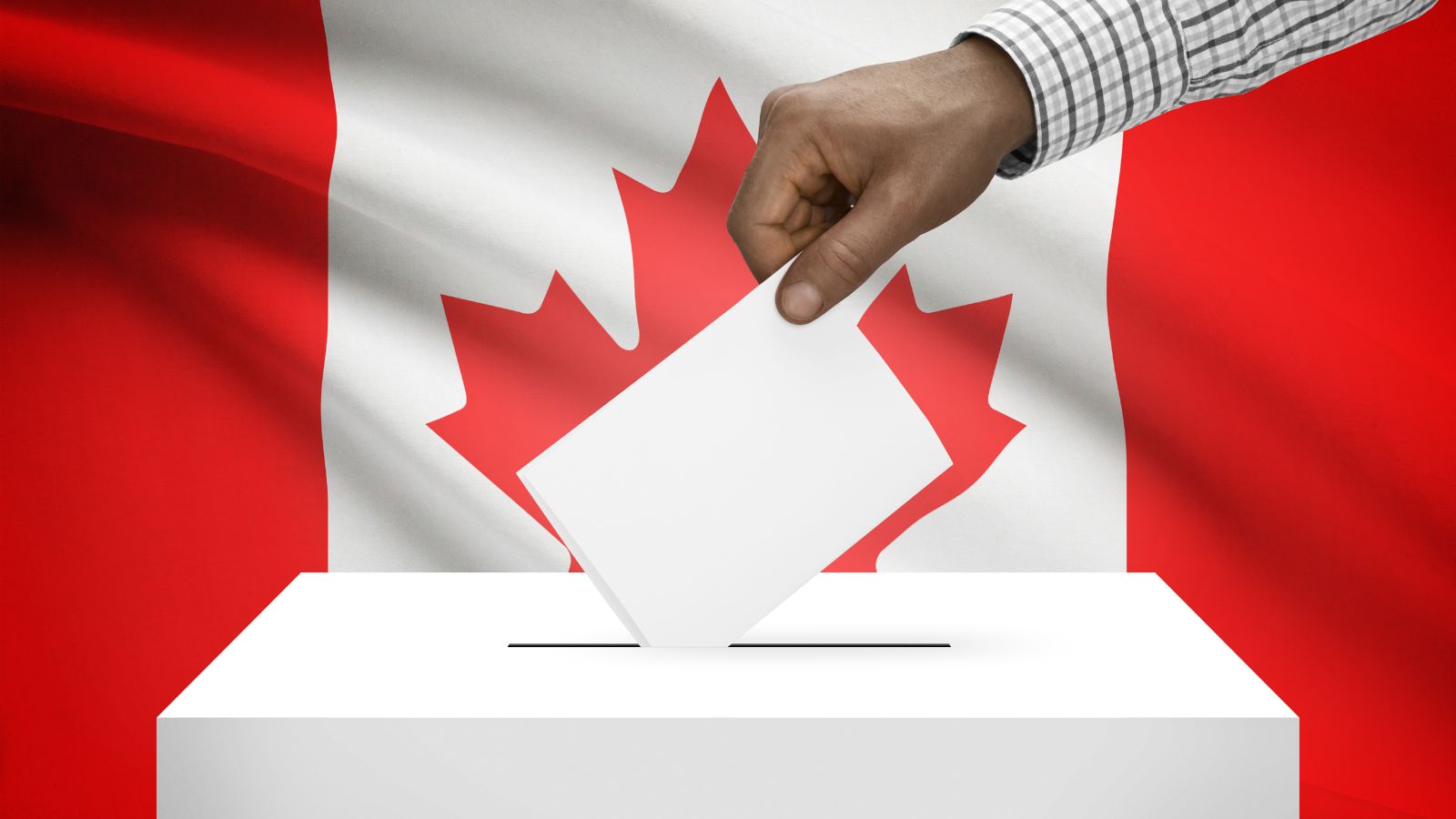Canadians have long measured themselves against their southern neighbors. While it’s natural to compare, the tendency to stack Canadian identity, policies, or culture beside those of the U.S. often leads to misleading conclusions. Here are 19 reasons Canadians should stop comparing themselves to Americans.
Universal Healthcare Isn’t Just a Talking Point

Canada’s healthcare system offers essential services to all residents without out-of-pocket fees at the point of care. Unlike the U.S., where millions remain uninsured or underinsured, Canada guarantees doctor visits, emergency services, and hospital stays to everyone, regardless of income. While it faces wait-time challenges, the fundamental access to care is a significant advantage. Canadians don’t go bankrupt from a broken leg or routine surgery. Comparing this to the U.S. system, which often ties health access to employment or insurance status, dilutes the uniquely equitable structure Canada has built.
A More Inclusive Immigration Policy

Canada’s immigration system prioritizes long-term integration through a point-based system that rewards education, work experience, and language skills. The result is a diverse society where newcomers are more likely to succeed economically and socially. While the U.S. is often embroiled in debates over border walls and deportations, Canada tends to focus on managed immigration and refugee resettlement. With programs like Express Entry and Provincial Nominee Programs, Canada has leveraged immigration as a key strategy for economic growth.
Education Is More Affordable and Accessible

Post-secondary education in Canada is significantly less expensive than in the U.S., even at top institutions. While Americans graduate with crippling student debt, Canadian students often have access to reasonable tuition rates, government grants, and income-based loan repayment. Canadian public schools also perform well globally in literacy and math scores. While neither country is perfect, the Canadian system offers access without the intense financial pressures many American students face.
A Commitment to Peacekeeping and Diplomacy

Canada has carved out a global role based on diplomacy, peacekeeping, and consensus-building. The country often serves as a mediator in international conflicts and supports multilateral institutions, such as the United Nations and NATO. Unlike the U.S., which frequently takes a unilateral or military-first approach, Canada prioritizes dialogue and partnerships. This approach has earned Canada respect on the global stage. Canadians shouldn’t measure their military might or global influence against American firepower. Instead, they should value their contribution to international stability, humanitarian aid, and development assistance.
Gun Control Is Stronger and More Supported

Canada’s gun laws are more restrictive than those in the U.S., and the country experiences fewer gun-related deaths per capita. Licensing, background checks, safe storage laws, and firearm classifications all contribute to a system that balances ownership rights with public safety. Mass shootings are rare in Canada, and political consensus generally supports maintaining strict controls. Rather than comparing Second Amendment debates or political deadlock in the U.S., Canadians should focus on the pragmatic, data-informed policies that have led to safer communities.
Better Work-Life Balance

Canadians enjoy more statutory holidays, paid parental leave, and vacation time compared to Americans. With federally mandated maternity and parental leave benefits that can last up to 18 months, Canada supports work-life balance in a way that the U.S. does not. Many provinces also have better minimum wage laws and labor protections. These policies reflect a societal value placed on family, mental health, and quality of life. Constantly comparing Canadian employment practices to American norms can diminish the recognition of these gains.
Political Campaigns Are Shorter and Less Expensive

Federal election campaigns in Canada are capped in duration and spending, leading to more focused debates and less political burnout. Political donations are tightly regulated, with limits on contributions and transparent disclosure. In contrast, U.S. campaigns can last years and cost billions, often dominated by super PACs and corporate interests. This difference reflects Canada’s emphasis on fairness and democratic access. So, Canadians shouldn’t judge their political climate based on the noise of U.S. election cycles.
A Lower Incarceration Rate and a Focus on Rehabilitation

Canada has a significantly lower incarceration rate than the U.S. and places more emphasis on rehabilitation, restorative justice, and reintegration. The Canadian legal system tends to avoid harsh mandatory minimum sentences and aims to address the root causes of crime, including poverty and mental health. Indigenous justice programs are growing to provide culturally appropriate alternatives to incarceration. Compared to the U.S. system, marked by mass incarceration, private prisons, and racial disparities, the Canadian system misses the efforts being made in Canada to build a more just and equitable model.
Environmental Policy and Climate Action

Canada has implemented a national carbon pricing strategy, invested in clean energy, and joined global climate accords. While critics argue that more needs to be done, Canada’s approach is more proactive than the U.S., where environmental regulation often shifts with the political tide. The Canadian government has committed to net-zero emissions by 2050 and is funding green innovation across sectors. Rather than comparing the pace or consistency of progress to U.S. benchmarks, Canadians should track their performance based on scientific evidence, local needs, and international responsibilities.
More Public Trust in Institutions

Surveys consistently show that Canadians trust their public institutions, including healthcare, elections, media, and police, more than Americans trust theirs. While trust can be continually improved, especially among marginalized communities, Canadian institutions generally operate with transparency and accountability. In contrast, public distrust in U.S. institutions has reached historic levels, affecting everything from vaccine uptake to voting participation. Canadians should strive to uphold institutional integrity based on local standards, rather than emulate the polarized debates seen elsewhere.
A Stronger Social Safety Net

Programs like Employment Insurance (EI), the Canada Child Benefit, Old Age Security, and provincial rent subsidies form a robust social safety net in Canada. These supports help prevent extreme poverty, promote social mobility, and provide security during crises like unemployment or illness. The U.S. safety net, in contrast, is often more fragmented and less accessible. While there’s room for improvement, Canadian policies already reflect a belief in collective responsibility.
Less Political Polarization

Canadian politics is less divisive than in the U.S., where extreme polarization affects governance, public discourse, and even personal relationships. Canada’s multi-party system, regional representation, and parliamentary structure help moderate political tension. While polarization exists in Canada, it rarely reaches the levels seen in American culture wars or partisan media silos. Canadians should strive to maintain this relative stability rather than framing political issues through American-style binaries. Dialogue and compromise remain more feasible in the Canadian context, and that’s worth preserving.
Protection of Public Broadcasting

The CBC plays a significant role in providing unbiased news, cultural programming, and national storytelling. While it faces budgetary challenges and criticism, the CBC remains a vital platform for Canadian voices, particularly in remote or underserved areas. In the U.S., public broadcasting receives minimal support and competes with a highly commercialized media environment. Canadians benefit from access to information not filtered solely by market forces. Therefore, rather than comparing funding or ratings to those of U.S. media giants, Canadians should advocate for media that reflects their own culture, issues, and perspectives.
Higher Voter Turnout

Canada generally sees higher voter turnout than the U.S., particularly in federal elections. Elections Canada facilitates voting with accessible polling stations, advance voting, and mail-in options. ID requirements are straightforward, and voter suppression tactics are rare. These practices contribute to a healthier democracy. Comparing participation rates or political engagement with the U.S. can overlook the fact that Canadian infrastructure and civic culture are built to encourage inclusion. Canadians should focus on further improving voter education and participation without using foreign systems as a measuring stick.
More Support for Scientific Research

Canada invests heavily in public research institutions, university funding, and health innovation. Organizations like the Canadian Institutes of Health Research (CIHR) and the Natural Sciences and Engineering Research Council (NSERC) provide stable funding for scientific discovery. Canadian scientists often collaborate internationally and contribute to global advancements, from medical breakthroughs to climate studies. While the U.S. has larger funding volumes due to its size, Canada punches above its weight in terms of research quality. Canadians should be proud of a system that supports science as a public good, not just a private enterprise.
More Stable Banking System

Canada’s banking system is tightly regulated, with fewer but more stable institutions. The country avoided the fallout from the 2008 financial crisis that was experienced in the U.S., thanks to stricter lending practices and enhanced oversight. Canadian banks are routinely ranked among the safest in the world. This resilience supports economic confidence and investor trust. While American markets may be larger, they’re also more volatile. Canadians should focus on the security and transparency of their financial system, which has consistently proven to be reliable in times of global uncertainty.
Stronger Food Safety Regulations

Canada maintains rigorous standards for food labeling, inspections, and imports. Agencies like the Canadian Food Inspection Agency (CFIA) conduct regular audits and recalls to ensure consumer protection. While food safety is also a priority in the U.S., fragmented oversight can result in gaps or inconsistencies. Canadian consumers benefit from a cohesive regulatory framework and transparent reporting. Rather than measuring themselves against U.S. practices or scandals, Canadians should remain vigilant and supportive of their systems, which emphasize prevention and consumer rights.
A History of Peaceful Civil Transitions

Canada has never experienced a violent transfer of federal power or insurrection. Electoral disputes are typically resolved through courts or parliamentary procedures, with minimal unrest. The events of January 6, 2021, in the U.S. underscore the fragility of democratic norms when trust breaks down. Canada’s political culture, while not perfect, has a track record of orderly transitions and respect for democratic processes. Canadians should not view their system through the lens of U.S. turbulence but rather work to uphold and protect their democratic institutions.
Cultural Confidence Without Global Dominance

Canada exports music, film, literature, and technology without dominating global narratives. Canadian artists, such as Drake, Margaret Atwood, and Denis Villeneuve, achieve international success while maintaining strong national identities. The country also supports bilingualism and Indigenous languages, preserving cultural diversity. Instead of comparing output volume or global influence to American cultural exports, Canadians can embrace a quieter but impactful presence on the world stage. Cultural confidence doesn’t require constant validation from abroad.
21 Products Canadians Should Stockpile Before Tariffs Hit

If trade tensions escalate between Canada and the U.S., everyday essentials can suddenly disappear or skyrocket in price. Products like pantry basics and tech must-haves that depend on are deeply tied to cross-border supply chains and are likely to face various kinds of disruptions
21 Products Canadians Should Stockpile Before Tariffs Hit
